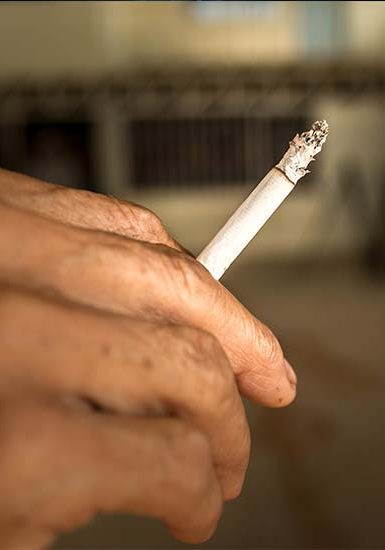
Fighting For Clean Indoor Air
The United States Surgeon General and numerous other credible authorities and medical researchers have determined:
(a) that involuntary inhalation of secondhand or environmental tobacco smoke can cause or contribute to numerous serious health problems and diseases, including heart disease, cancer and respiratory illness, and acute episodes of decreased respiratory function, including broncho-constriction and broncho-spasm in healthy nonsmokers;
(b) that the presence of secondary tobacco smoke is a major contributor to indoor air pollution;
(c) that children, elderly people, and individuals with cardiovascular and/or respiratory disease, including asthmatics and those with obstructive airway disease are at special risk to exposures from secondhand tobacco smoke;
(d) that the simple separation of smokers and nonsmokers within the same airspace may reduce, but does not eliminate, the exposure of nonsmokers to environmental tobacco smoke, and smoking bans remain the most viable and cost-effective method of protecting patrons.
